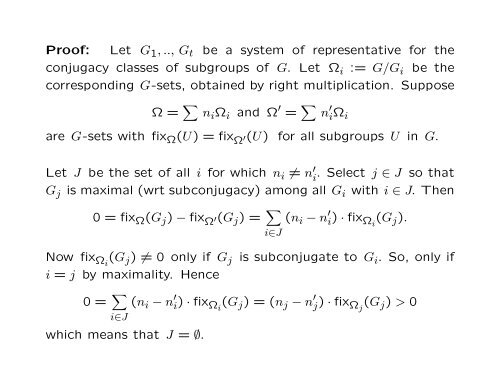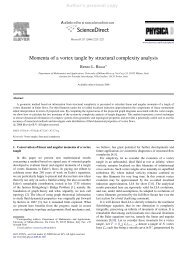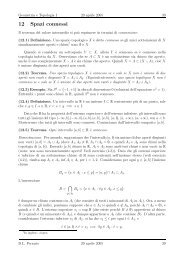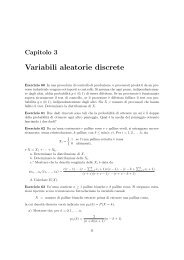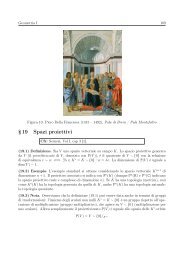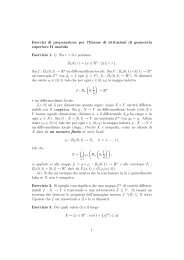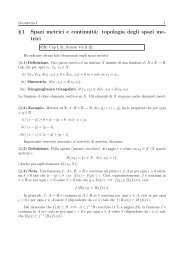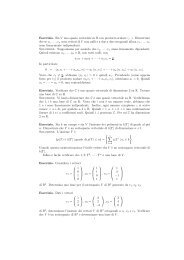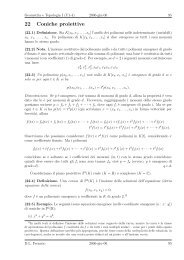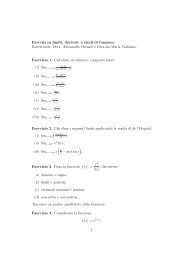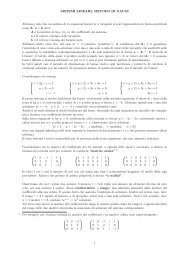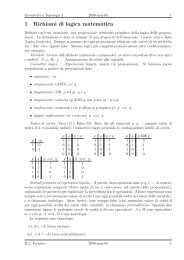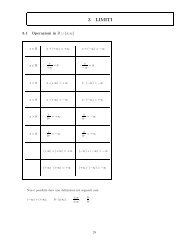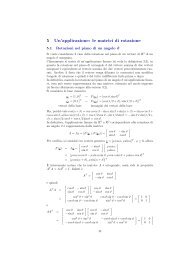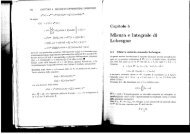Permutation representations of finite simple groups: Orbits of cyclic ...
Permutation representations of finite simple groups: Orbits of cyclic ...
Permutation representations of finite simple groups: Orbits of cyclic ...
Create successful ePaper yourself
Turn your PDF publications into a flip-book with our unique Google optimized e-Paper software.
Pro<strong>of</strong>: Let G 1 , .., G t be a system <strong>of</strong> representative for the<br />
conjugacy classes <strong>of</strong> sub<strong>groups</strong> <strong>of</strong> G. Let Ω i := G/G i be the<br />
corresponding G-sets, obtained by right multiplication. Suppose<br />
Ω = ∑ n i Ω i and Ω ′ = ∑ n ′ i Ω i<br />
are G-sets with fix Ω (U) = fix Ω ′(U) for all sub<strong>groups</strong> U in G.<br />
Let J be the set <strong>of</strong> all i for which n i ≠ n ′ i<br />
. Select j ∈ J so that<br />
G j is maximal (wrt subconjugacy) among all G i with i ∈ J. Then<br />
0 = fix Ω (G j ) − fix Ω ′(G j ) = ∑ i∈J<br />
(n i − n ′ i ) · fix Ω i<br />
(G j ).<br />
Now fix Ωi (G j ) ≠ 0 only if G j is subconjugate to G i . So, only if<br />
i = j by maximality. Hence<br />
0 = ∑ i∈J<br />
(n i − n ′ i ) · fix Ω i<br />
(G j ) = (n j − n ′ j ) · fix Ω j<br />
(G j ) > 0<br />
which means that J = ∅.


